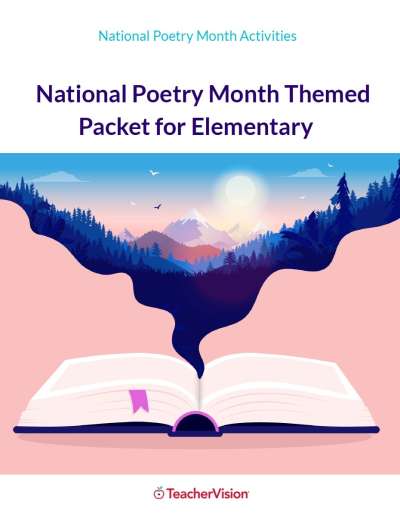Service-Learning Case Study:
Chico, CA
Ten-year olds might be more excited about eating leafy greens if they'd actually grown the spinach, bok choi, and arugula on the tips of their forks. That's just what students at Forest Ranch Elementary School, part of the Chico Unified School District, do during their lunch time. After tending the large outdoor garden on the school grounds, they and their classmates enjoy the bounty of their harvest – which has been certified organic by state authorities – adding a new excitement to cafeteria food.
At another elementary school in the district, students take their surplus produce to a homeless shelter each week. One Chico school has built such extensive gardens that students progress through learning about its many parts by grade level, moving from berries to vegetables to ponds to garden structures.
Four years ago, Chico Unified Schools received funding for district-wide service-learning projects through the California Department of Education's CalServe Initiative. They began by funding gardens at five elementary schools. The program has been so successful that most of the district's elementary schools now have gardens and older students are also involved.
Greenhouses at the middle schools, for example, allow students to start seedlings for the elementary students, and high school students plan nutrition classes and a health fair to teach students across the district about gardening, cooking, and nutrition. The younger students have input into their gardens' produce, helping to select various plants and other materials, whereas high school students, single-handedly plan the health fair, taking charge of everything from fund raising to publicity.
Insuring longevity
One of Chico's goals is to spread service-learning methodology across grade spans, creating a strong base of students, teachers, administrators, and community members who are dedicated to it. Cindy Triffo, a co-coordinator of Chico's service-learning program, says that one of their challenges is to firmly establish service-learning practices so that when positions such as hers are no longer funded, there is already sufficient organization and support for projects like the gardens to continue.
The district has worked toward this goal in part by using other funds to promote service. Elementary students who sell produce, for example, may funnel their proceeds into another service project. Money through local Rotary clubs has also gone toward student leadership training and to fund small student-driven service projects.
One project that has reaped much praise was completed by high school students who created a book featuring the stories of World War II veterans in the Chico area as part of a social studies-English block. Two students have won scholarships for their work and will present the project at the National Service Learning Conference in Denver later this year. Through the students' efforts, the local V.F.W. has become a strong partner with the school.
"It was real," says Triffo of the project. "They weren't just writing another paper, but rather they were relaying someone's history and they knew they had to get it right."











